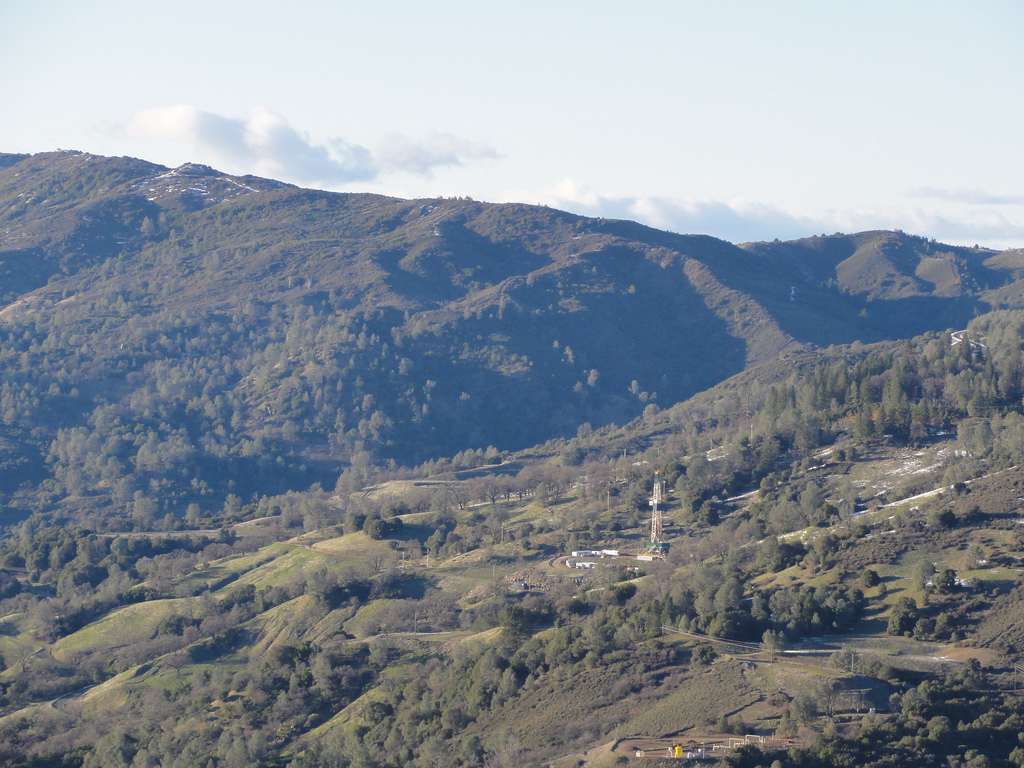GSAP – an assessment tool for sustainability in geothermal development

The University of Iceland is developing the Geothermal Sustainability Assessment Protocol (GSAP) to promote best practices for geothermal energy development worldwide. This is a collaboration from all impact sectors, ecologists to financial institutions.
An interesting project was introduced to me some weeks ago and with the invitation to a working meeting next week I was reminded to post an introduction to this definitely very interesting project. Thanks to Ruth Shortall, who wrote this overview piece on the project.
“The sustainability of geothermal energy projects is often thought of in the context of the lifespan of a geothermal resource. Sustainability as a concept, however, has a much broader reach.
The term “sustainability” is thrown around a lot these days and has been defined in a number of different ways. However the most widely accepted definition is probably that of the Brundtland Commission: “development that meets the needs of the present without compromising the ability of future generations to meet their own needs”.
Sustainability, then, in the general sense, refers to the sustainability of all social, environmental and economic systems. Sustainable geothermal development must take account of all such systems that would be impacted by the construction and operation of geothermal projects.
At first glance it might appear that using geothermal for generating electricity is simply a better option than some other energy types: it has relatively lower greenhouse gas emissions, is renewable, uses less land area and provides constant levels of energy. Dramatic benefits are easy to observe in developing countries where projects often bring infrastructural improvements, pay for the building of schools and boost local economies.
Yet depending on the situation, geothermal energy developments can have significant negative impacts. Construction and operating geothermal power plants may impact water supplies, disturb plant or animal habitats such as forests, or even require the resettlement of communities. Geothermal plants may use the resource unsustainably in order to be able to fulfill short-term economic or financial requirements. Such positive and negative impacts must be carefully considered in the planning and operating phases of geothermal energy projects.
GSAP (Geothermal Sustainability Assessment Protocol) is an assessment tool currently in development at the University of Iceland. The aim of the GSAP project (http://gsap.is) is to promote best practices for geothermal energy developments worldwide. With collaborators from all impact sectors, from ecologists to financial institutions, the GSAP project aims to produce a valuable tool for policy and decision-makers. This tool will allow assessment and monitoring of geothermal energy projects, showing their progress towards the goal of sustainability.
Management capacities, as well as planning and environmental regulations, differ from country to country. The GSAP project hopes to develop a guiding framework for managing the potential social, environmental and economic impacts of geothermal energy development.
If you would like to learn more or contribute to the GSAP project, please email Ruth Shortall (ruth@gsap.is), or visit the GSAP website http://gsap.is.”